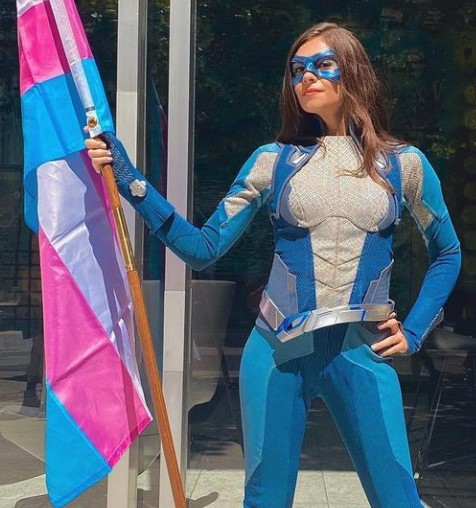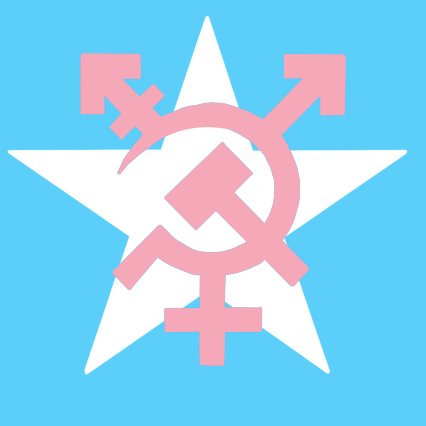(I don’t know why the first page is sideways, but the rest is fine)
This book came out the same time I did. I can still remember the feeling of being outside in makeup for the first time (not counting my emo years in high school) so I could pick it up at the book store. The lady at the counter gave me a pin to go with it, and offered to help me put it on my jacket.
In I’m Afraid of Men Vivek Shraya explores the countless microagressions that form our conception of masculinity, and the way that her relation to her body was shaped not only by queerphobia, but by the racism that demands a white european model of beauty
haven’t gone through it all yet, but doing some skimming this passage got my attention. really love the modesty and honesty in the writing
“What’s the line about beating someone?” she asked. “‘I must have to just beat it out of you’? That’s not about literally beating a woman! It’s a play on the expression ‘beat it out of you.’ Plus the song is about a lesbian relationship.” “But when you sing it as a man, the audience hears you singing about beating a woman. Even if you’re queer.” Feeling defensive, I told myself that my friend’s critique was a symptom of her tendency to overanalyze, a leftover from her women’s studies degree. My strongest defence was that I adored women. But my friend was right. The disdain for women and femininity is insidious, infecting even those who profess to love women, and it takes many forms (including scoffing at women’s studies programs). Using “sensitive” as a pejorative and a mechanism of restraint, as my dad did, is a form of misogyny. Being spit on because I was wearing my mother’s jacket was misogyny. The desire to attack me because I was a removed who dared to make eye contact was misogyny. The eagerness to correct my walk was misogyny. The shaming of my skinniness and the pressure in gay culture to be muscular was misogyny. Men’s assumption that they are entitled to touch others’ bodies without consent and the dismissals of my boundaries were misogyny. The cab driver’s oversexualization of a young female passenger was misogyny. The irrational aggression toward me at the bus stop and at Pride was misogyny.
Yes! I really appreciate her openness in admitting that even while misogyny victimized her, she was responsible for perpetuating it as well. It really speaks to the importance of acknowledging the pervasiveness of oppressive ideologies and the ways that we internalize and externalize them, regardless of our intentions.
Fragility and an unwillingness to examine how we may be contributing to the very oppressions we rebel against serves only the oppressors.
I 👏 need 👏 to 👏 read 👏 this 👏
I’ll add it to my long-long list of books I want to read




